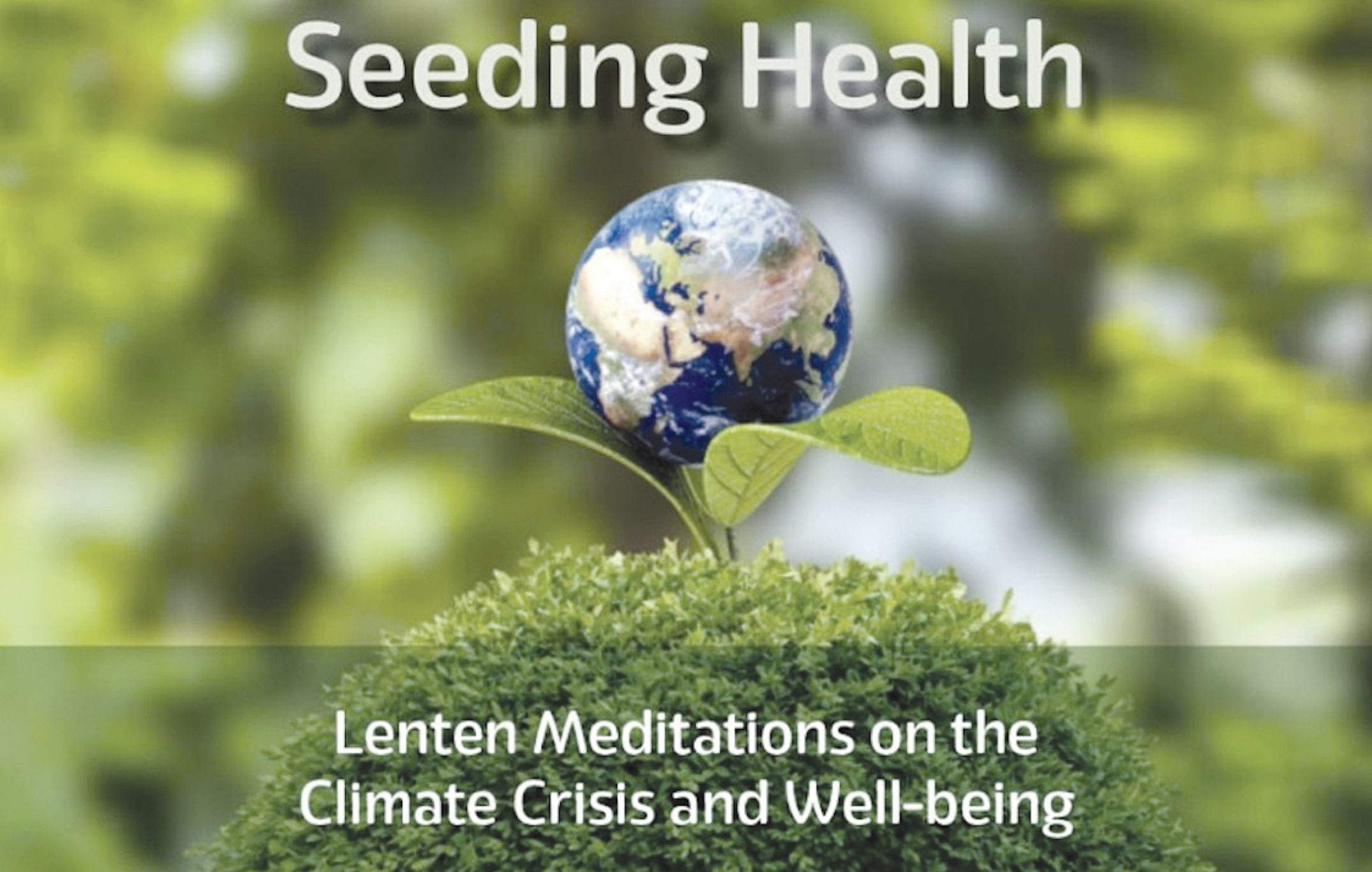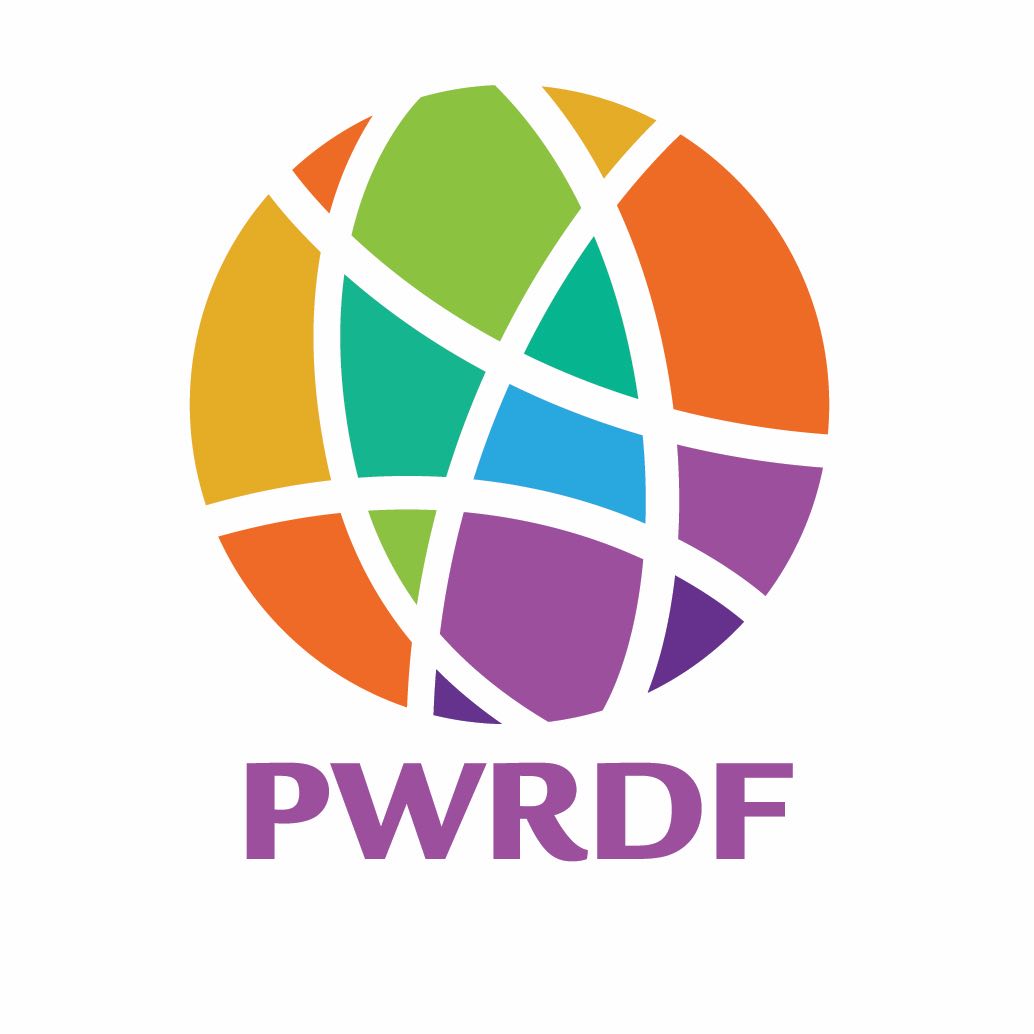Without a doubt, some readers, having read the title above, are already rolling their eyes. “Enough of Creation Care, already! We celebrated that season in September,” you may be thinking. And therein lies the risk, when we talk about something frequently—that ears close and minds shut down, thinking they’ve heard all this before. But in the escalating global climate crisis that our planet is experiencing, we must continue to raise awareness and call for action.
Most of the readers of this publication, and indeed most of the members of our congregations, are no longer young. It is tempting to leave this work of saving the planet to the younger generations, and we must acknowledge that in many cases they are the leading lights of efforts to effect the necessary changes. But that does not absolve the rest of us from responsibility.
It is also understandable if we perceive the problem as just “too monumental” for our measly efforts to make any difference, and throw up our hands in despair. Understandable, but again, not excusable.
For us as Anglicans, this should be a no-brainer. Every single time we welcome someone into the family of God through the sacrament of Holy Baptism we “join with those who are committing themselves to Christ and renew our own baptismal covenant.” After stating our credal beliefs in the Father, Son, and Holy Spirit, we make a series of promises, the last of which is to “strive to safeguard the integrity of God’s creation, and respect, sustain and renew the life of the Earth.” More than belief or agreement, this series of questions entails calls to action.
PWRDF is in the final year of what was to have been a three-year education focus, Creation Care: Climate Action. The global pandemic has meant that this process has taken four years, but PWRDF is now preparing to launch the education focus for Year Three: “Climate Change and Health.” All learning modules for Years One and Two, “Climate Action and Food Security” and “Climate Change and Gender,” are still available from the PWRDF website at www.pwrdf.org, and especially lend themselves to group learning experiences.
This year’s focus began on Ash Wednesday with the 2024 Lenten resource, “Seeding Health: Lenten Meditations on the Climate Crisis and Well-being,” authored by biblical scholar Dr. Sylvia Keesmaat. If you have not signed up to receive the resource, it is not too late. You can still register for the remaining four weeks of Lent and the entire resource is available for download in PDF format from: https://pwrdf.org/lent2024/. On weekdays Dr. Keesmaat offers a reading from scripture, a reflection and a prayer; on the weekend, she invites us to ground the text in our own lives and situations through a series of questions to consider. The week ends with a “PWRDF Story” that highlights ways PWRDF partners around the globe, realizing the connectedness of all creation, are acting to safeguard creation.
In the church, we are expert at studying important issues and talking about important issues; maybe a little slower to implement, to act. But where to begin? Education is always a good first step, so I commend the excellent PWRDF resources noted above. For the crucial next step, the action, a tool developed by American marine biologist, Dr. Ayana Elizabeth Johnson, can be most useful. Dr. Johnson has designed a Venn diagram for climate change and creation care (three intersecting circles) which asks us to consider three questions:
• What are you good at?
• What is the work that needs doing?
• What brings you joy and satisfaction?
The centre of the diagram, where the three circles intersect, is where your climate actions will be found. See Dr. Johnson’s website, https://www.ayanaelizabeth.com/climatevenn, to learn more about it, to download the tool and to watch her excellent ten-minute TED talk on climate action. The talk is her answer to the question, “What can I do to help address the climate crisis?” Dr. Johnson acknowledges that the challenge is enormous and involves transformation, but also asserts that “there is something meaningful each of us can contribute to climate solutions. This is the work of our lifetimes.”
And this is the work of our faith, the work we have covenanted to be about. So, let us as Vestries, Parish Councils, ACWs, Sunday Schools, Confirmation classes, and people of faith, commit to reading, reflection, prayer, and action for the care of all of creation in this and every season of our lives.




